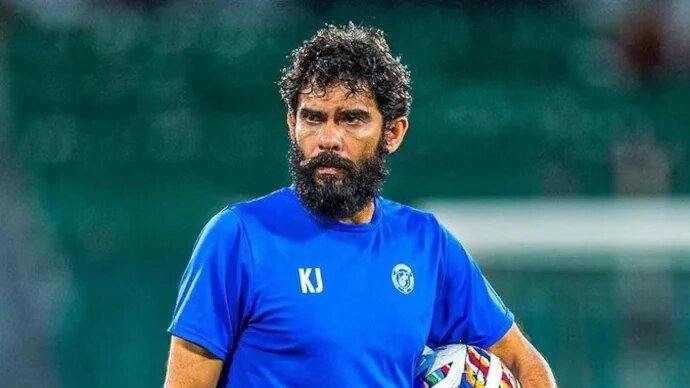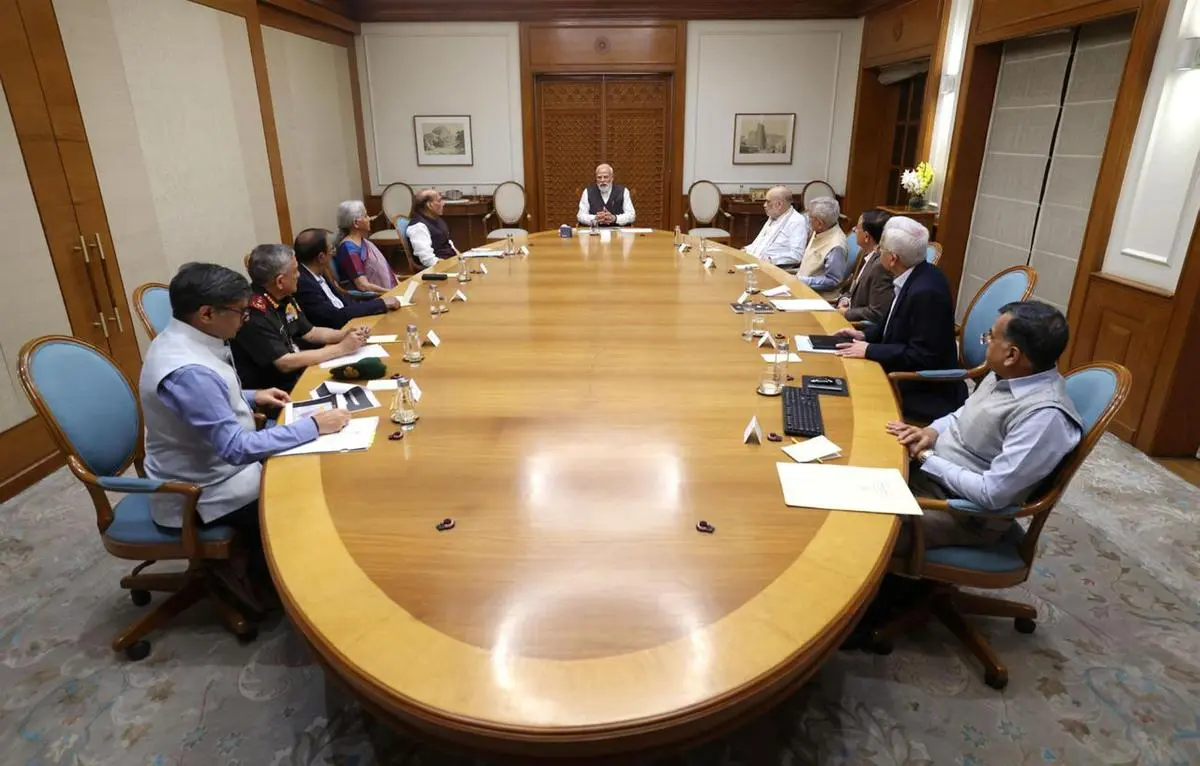The tea-serving midfielder who became the head coach of the Indian national football team
Long before Khalid Jamil rose to the top echelons of Indian football—long before his I-League triumph with Aizawl FC or his tactical brilliance in the ISL—he was just a hardworking midfielder at Air India, known for his unmatched discipline and relentless pursuit of improvement.
Today, that same relentless drive has earned him the highest honour in Indian football: head coach of the national team, reported timesofindia.indiatimes.com.
As a young player, Jamil would often linger after practice, buying chai and samosas for his coach Bimal Ghosh, then staying behind for hours to work on drills. “He used to come early and be the last to leave,” Ghosh recalls.
“I’ve never seen anyone train like that.”
Jamil’s playing career was rooted in Mumbai, representing Air India and Mahindra United with a no-nonsense, commanding presence in midfield. His dedication carried over into coaching, where he earned admiration for building teams from scratch and sticking to the fundamentals.
From Mira Road to the Indian national team dugout, Khalid Jamil’s journey is a story of grit, loyalty, and uncompromising discipline
Former teammate and coach Godfrey Pereira highlights Jamil’s unshakable routine—traveling from Mira Road to Kalina every day, never late, never skipping a session. “He never took shortcuts,” Pereira says. “He built Mumbai FC brick by brick and stunned everyone by leading Aizawl FC to a historic I-League title in 2017.”
One of Jamil’s greatest coaching strengths is his emotional intelligence. Steven Dias, his former teammate and current assistant at Jamshedpur FC, recalls, “He never overburdens players. He understands each one—what they can and can’t do. That’s his genius.”
Despite his rise, Jamil remains humble and introverted. He’s not active on social media, avoids the limelight, and speaks plainly. “He doesn’t say thank you or sorry,” Pereira laughs. “He just wants results.”
His appointment is a significant win for Indian football—not just for its symbolic value, but as a testament to the value of perseverance, discipline, and belief in the domestic coaching ecosystem.








